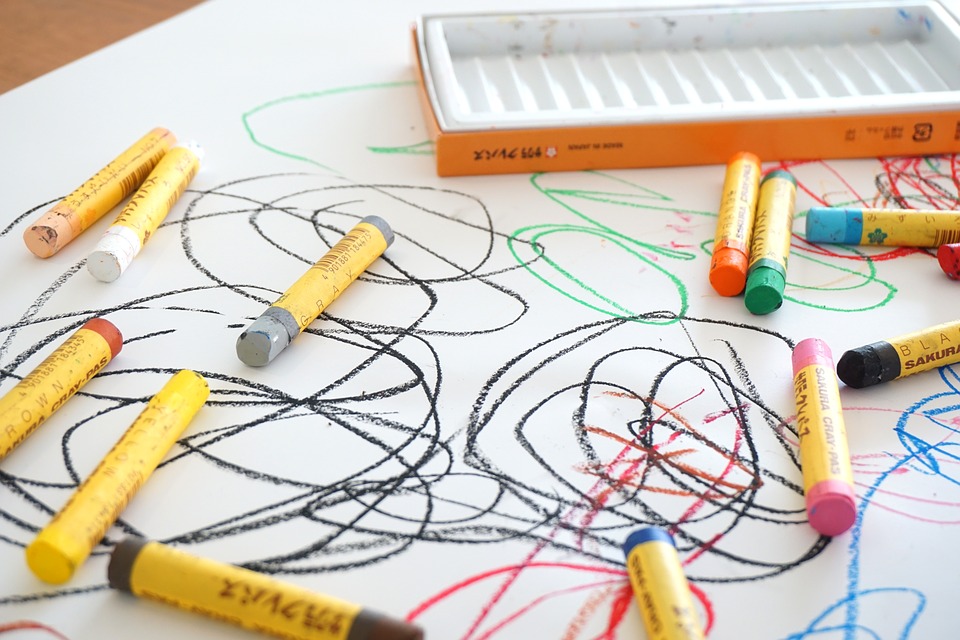Depression and psychological control of parents, increase the risk of breaking up childhood friendships … reports Asian Lite News.

Negative features of parenting, such as depression and psychological control, increase the risk of breaking up childhood friendships, finds a study.
The results showed that for children with clinically depressed parents, the risk of best friendship dissolution increased by up to 104 per cent, Xinhua reported.
There was a similar, although not quite as dramatic, increase in the risk of best friendship dissolution for children with psychologically controlling parents.
Parent depression and parent psychological control uniquely predicted subsequent child friendships breaking up, above and beyond contributions of peer difficulties.
“We already know that peer status plays an important role in friendship outcomes. For example, well-liked children have more long-lasting relationships than do their classmates,” said Brett Laursen, Professor at Florida Atlantic University (FAU), US.
But “children with depressed and psychologically controlling parents are not learning healthy strategies for engaging with other people, which could have long-term consequences for their future relationships”, Laursen added.
However, contrary to the researchers’ expectations, there were no evidence that positive parenting behaviours like warmth and affection altered the stability of children’s best friendships.
“We were hoping that positive behaviours would help extend the life of friendships and that it would be a buffer or a protective factor,” said Laursen.
“This was not the case. Warmth and affection don’t appear to make that much of a difference. It is the negative characteristics of parents that are key in determining if and when these childhood friendships end,” he noted.
For the study, published in the Journal of Family Psychology, the team looked at 1,523 children. Among them 766 were boys, from grades one to six. They conducted a survival analysis to identify the characteristics of parents that predict the stability of their children’s friendships.
The researchers also examined the parenting styles to predict the occurrence and timing of the dissolution of kids’ best friendships from the beginning to the end of elementary school (grades one to six).








